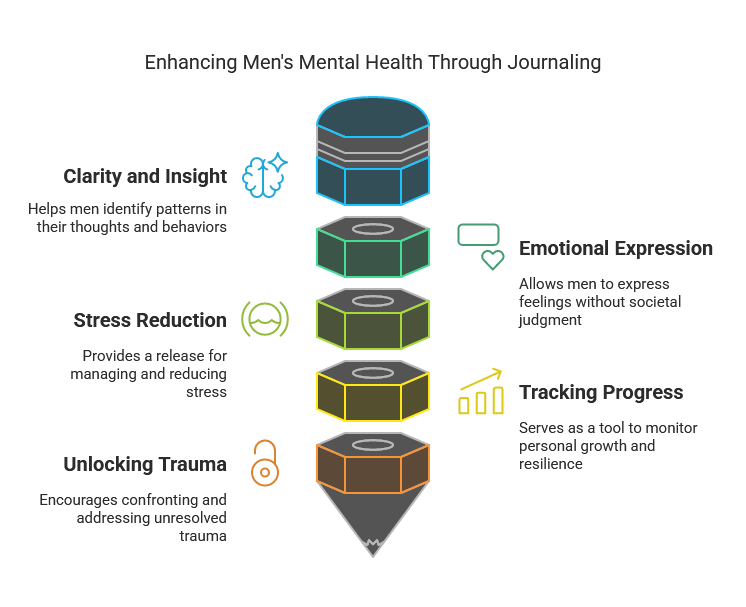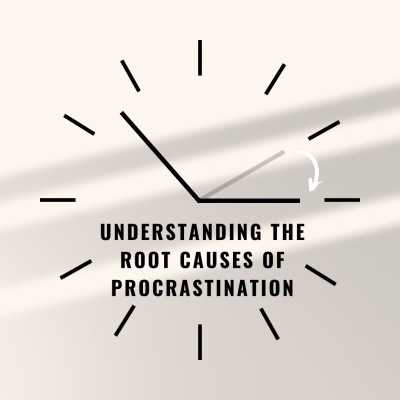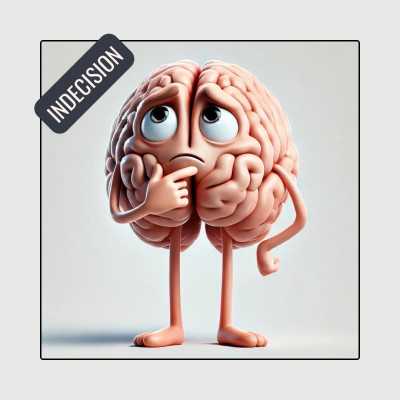Search in blog
Blog categories
Why Every Man Should Consider Journaling: Breaking the Silence Around Male Emotions
Let’s face it: most men weren’t handed a playbook for dealing with emotions. Growing up, many men were taught to “suck it up,” “be a man,” or “keep it moving.” But what happens when those unspoken feelings pile up? Stress, anxiety, and even physical health issues often follow. The good news? There’s a simple, private, and profoundly effective tool men can use to navigate this emotional minefield: journaling.
In this post, I’ll explore why journaling isn’t just for poets or teenagers with locker diaries—it’s a game-changer for men’s mental health, emotional clarity, and personal growth.
Men’s Emotions: The Unspoken Struggle
From childhood, boys are subtly (or not-so-subtly) steered away from vulnerability. Phrases like “boys don’t cry” or “man up” reinforce the idea that emotions are a sign of weakness. This messaging is rooted in traditional gender roles that equate masculinity with stoicism. But here’s the problem: emotions don’t disappear just because we ignore them. Instead, they fester.
I think that men are less likely than women to seek help for mental health struggles, often due to fear of judgment or appearing “unmanly.” This cultural script leaves many men suffering in silence, which can lead to chronic stress, strained relationships, and even physical ailments like heart disease.
Why Journaling Works for Men
Journaling offers a safe, judgment-free space to unpack emotions without the pressure of performance. Unlike talking to a friend or therapist—which can feel intimidating—writing is a solo act. You’re in control. No need to filter, sugarcoat, or worry about how your words land.
Studies highlight that expressive writing reduces symptoms of anxiety and depression, making it a practical tool for managing emotions. For men, this is especially powerful. It bridges the gap between societal expectations and the very human need to process feelings.
Traditional Coping vs. Journaling: A Comparison
| Traditional Coping | Journaling Approach |
|---|---|
| Suffer in silence | Express emotions privately |
| Avoidance or distraction | Confront and understand feelings |
| Risk of outbursts or shutdowns | Steady emotional release |
| Social stigma | Personal empowerment |
This table isn’t about shaming old habits—it’s about showing there’s another way. Journaling isn’t a magic fix, but it’s a step toward male self-awareness and healthier coping.
The Benefits of Journaling for Men’s Mental Health
Let’s break down why picking up a pen (or opening a Notes app) could be one of the best decisions a man makes:
Clarity and Insight
Writing helps untangle the mental knots we all face. By jotting down daily frustrations or triumphs, men can spot patterns—like triggers for stress or moments of joy. This awareness is the first step in coping with stress effectively.
Emotional Expression Without Judgment
For men raised in masculinity culture, vulnerability can feel dangerous. Journaling sidesteps this fear. Writing allows to articulate anger, sadness, or fear authentically, free from societal scrutiny.
Stress Reduction
Ever felt lighter after venting to a friend? Journaling offers a similar release. The act of writing slows down racing thoughts, helping men process emotions rather than suppress them.
Tracking Progress
Life’s challenges can feel endless. A journal acts as a roadmap, showing how far you’ve come. Re-reading entries can reveal growth, resilience, and small wins—key motivators for men’s mental health.
Unlocking Trauma
Many men carry unresolved trauma, often buried under years of silence. Therapeutic writing encourages confronting these experiences safely. Acknowledging pain reduces its power over us.

Breaking the Emotional Taboo
The stigma around male sensitivity isn’t just harmful—it’s outdated. Modern psychology emphasizes that emotional intelligence (EQ) is a strength, not a flaw. High EQ correlates with better relationships, leadership skills, and life satisfaction. Yet, emotional taboo persists.
Journaling is a rebellion against this norm. It’s a quiet act of self-respect that says, “My feelings matter.” And when men lead by example—whether by journaling or opening up—they chip away at harmful stereotypes.
How to Start Journaling (Even If You Hate Writing)
- Keep It Simple - Start with 5 minutes a day. Write about your day, a problem, or a goal. No pressure to be poetic.
- Use Prompts - Stuck? Try questions like: "What’s one emotion I felt today?" or "What’s weighing on me right now?"
- Go Digital If Needed - Apps like Day One or even voice memos work. The medium doesn’t matter—consistency does.
- Embrace Imperfection - Miss a day? No big deal. Journaling is a tool, not a chore.
Conclusion: Rewriting the Narrative
Journaling isn’t about swapping toughness for tenderness—it’s about balance. It’s time to reject the idea that men must choose between strength and sensitivity. By embracing writing as a self-development tool, men can build resilience, understand their emotions, and ultimately live fuller lives.
So, grab a notebook. Write messy, write angry, write confused. The first step to male emotionality isn’t perfection—it’s just showing up.
P.S. If this post resonated, share it with a friend. Breaking the silence starts with a conversation.
Further Reading:
- The Science of Expressive Writing
- Men’s Mental Health Resources
- Journaling Prompts for Beginners
Related posts
 Why is it Worth Being Self-Aware?
Why is it Worth Being Self-Aware? How to Build and Sustain Motivation for Change
How to Build and Sustain Motivation for Change Why We Delay and How to Address It
Why We Delay and How to Address It Intuition vs. Logic in Decision-Making | Finding the Right Balance
Intuition vs. Logic in Decision-Making | Finding the Right Balance Self-Forgiveness | Understanding the Importance of Letting Go
Self-Forgiveness | Understanding the Importance of Letting Go
Leave a comment